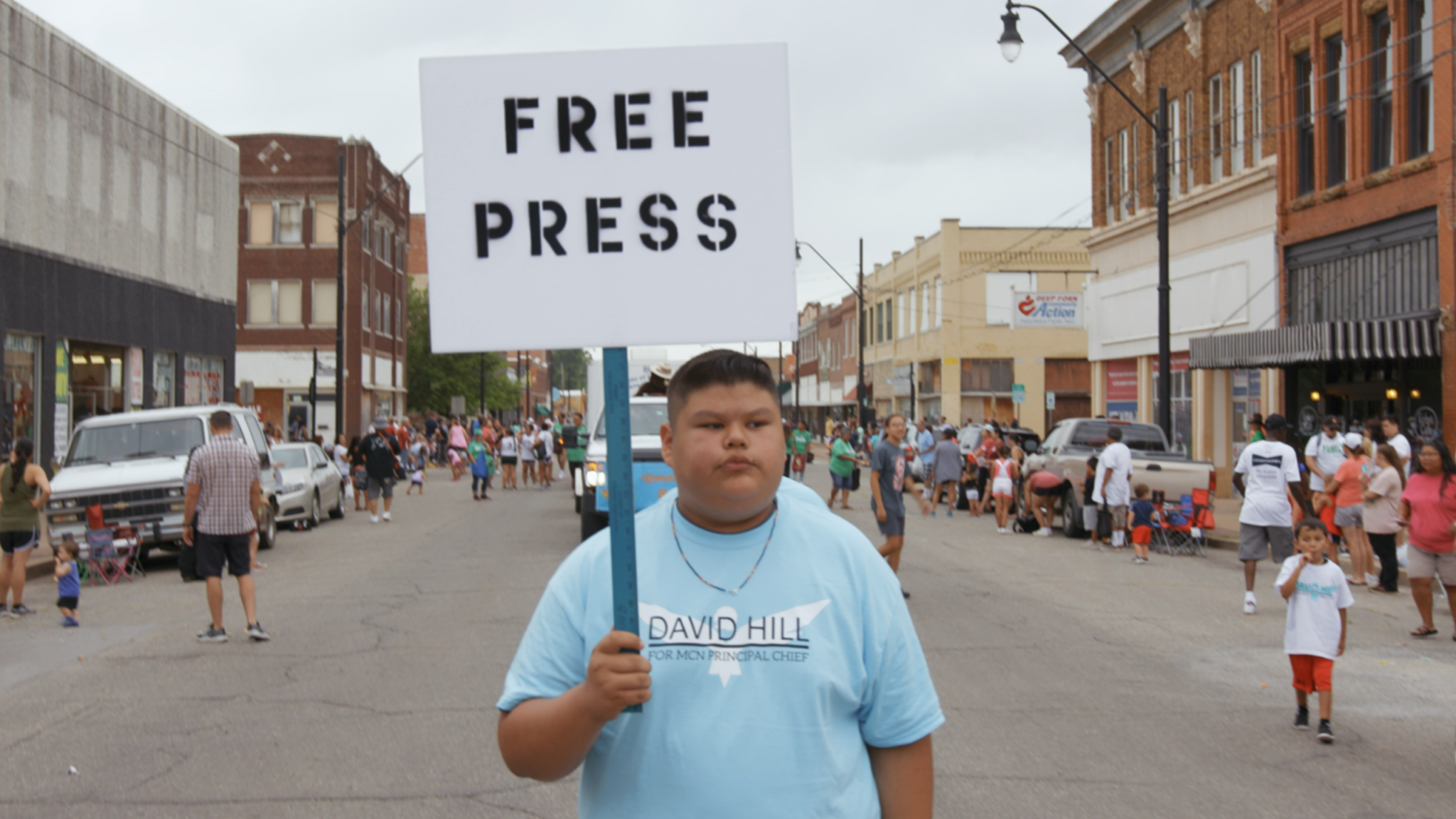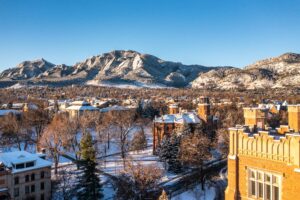When Robert Redford founded Sundance Institute, he ensured that support for Indigenous voices would be a pillar of the organization. For over 40 years, the Institute continues that commitment through labs, granting, community screenings, and the Sundance Film Festival itself.
At this year’s Festival, we are honored to showcase 11 projects by Indigenous artists. Spanning features, shorts, and episodic series, the works presented in January highlight Indigeniety in its many creative forms.
In addition to the projects premiering at the Festival, the Indigenous Program is proud to host and highlight its fellows attending the Festival and whose films and episodic works are being supported throughout their development. Stay tuned throughout the Fest for the announcement of the 2023 Merata Mita Fellow.
In-person and Online packages are on sale for the 2023 Sundance Film Festival now, and single film tickets will be available starting in early January. Check out the full list of films by Indigenous artists below and make sure to favorite the films that speak to you to make sure you don’t miss them.
All titles listed below will be available in person and online
FEATURES
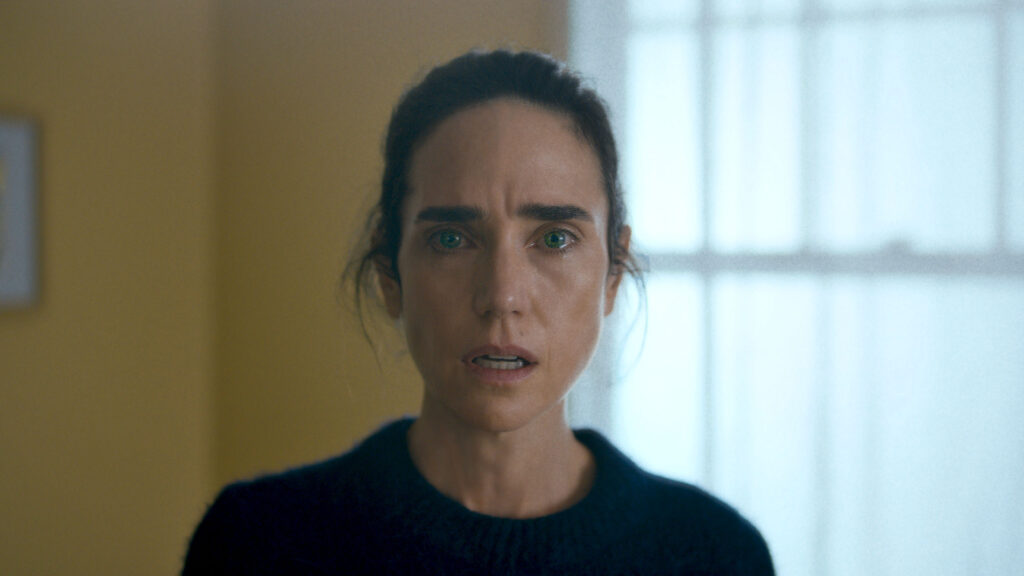
Bad Behaviour
Producer: Desray Armstrong (Te-Aitanga-a-Hauiti & Ngāti Porou)
Section: World Cinema Dramatic Competition
Lucy, a former child actor, seeks enlightenment at a retreat led by spiritual leader Elon while she navigates her close yet turbulent relationship with her stunt performer daughter, Dylan.
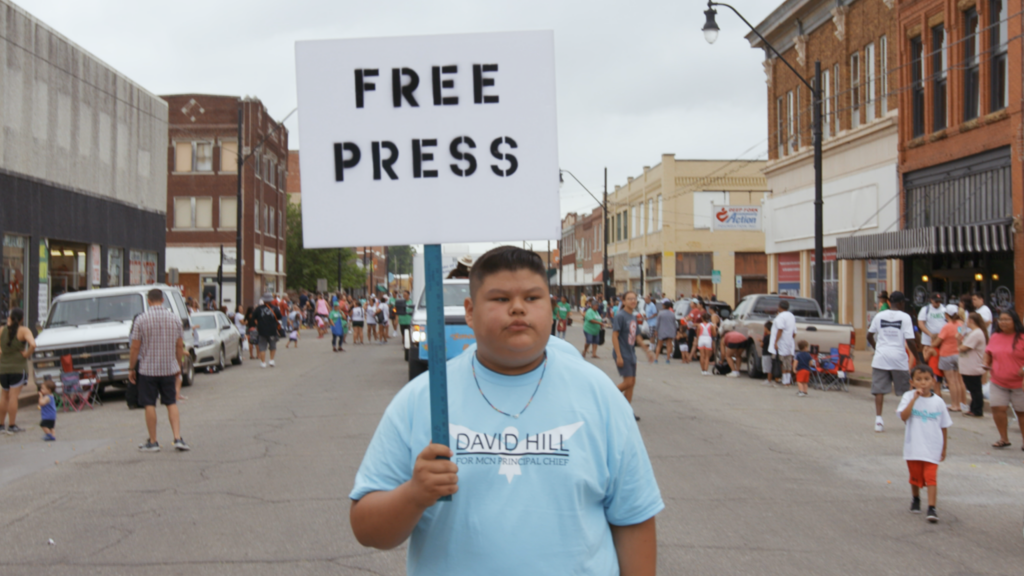
Bad Press
Director: Rebecca Landsberry-Baker (Muscogee [Creek])
Section: US Documentary Competition
When the Muscogee Nation suddenly begins censoring its free press, a rogue reporter fights to expose her government’s corruption in a historic battle that will have ramifications for all of Indian country.
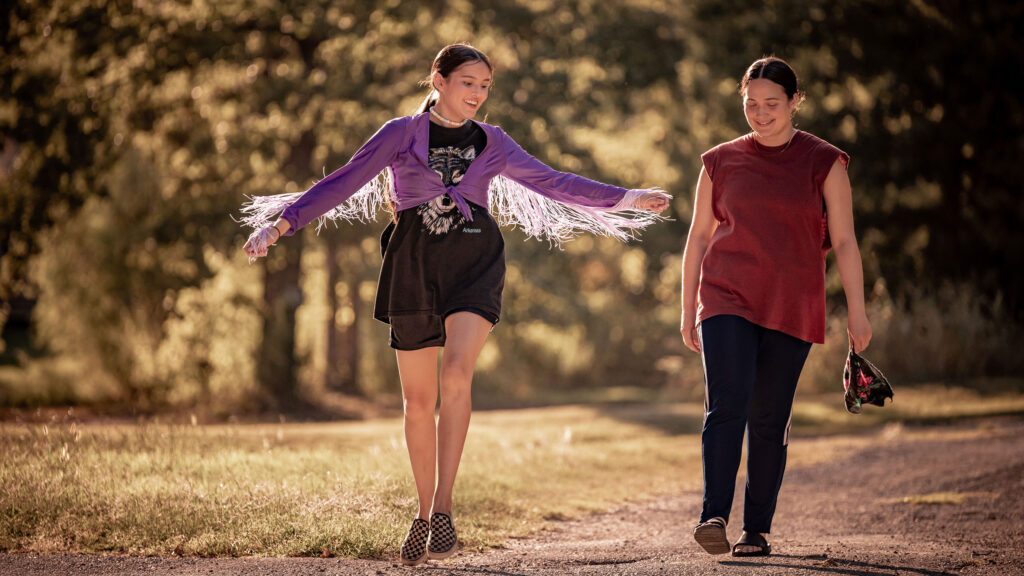
Fancy Dance
Director/Producer: Erica Tremblay (Seneca–Cayuga), Screenwriters: Miciana Alise (Tlingit) & Erica Tremblay
Section: US Dramatic Competition
Following her sister’s disappearance, a Native American hustler kidnaps her niece from the child’s white grandparents and sets out for the state powwow in hopes of keeping what is left of their family intact. Cast: Lily Gladstone, Isabel Deroy-Olson, Ryan Begay, Shea Whigham, Audrey Wasilewski.
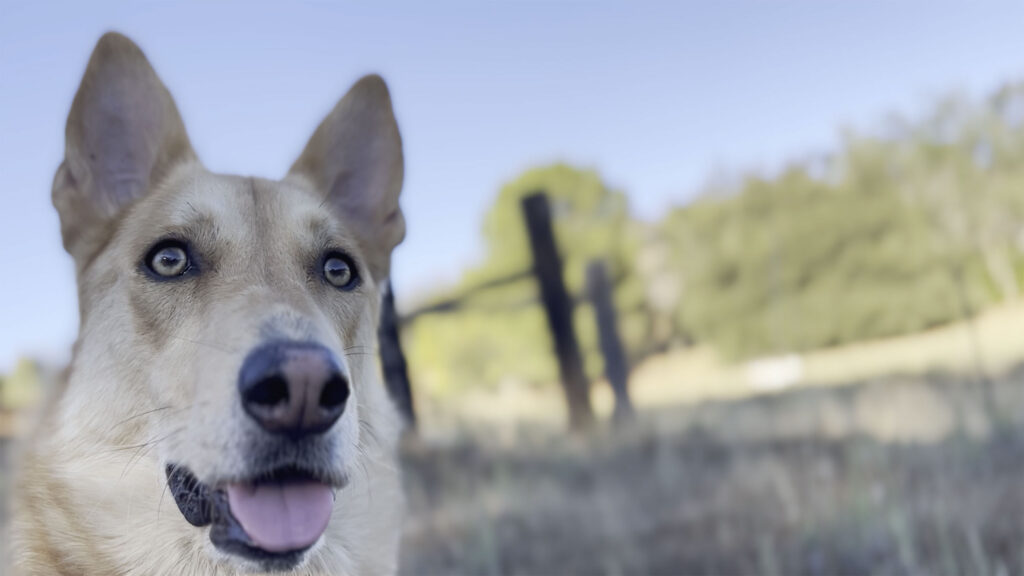
Gush
Director: Fox Maxy (Payómkawichum and Mesa Grande Band of Mission Indians)
Section: New Frontier
An embodied rumination of both male and female power, healing and haunting, all within an apocalyptic world. A transformation that courses through unknown terror to untamed collective joy. Cast: Michel Sayegh, Ruth Fish, Sergio Mejia, Littlebear Sanchez, No’aash Iswut Peltier, Suavitel Paper.
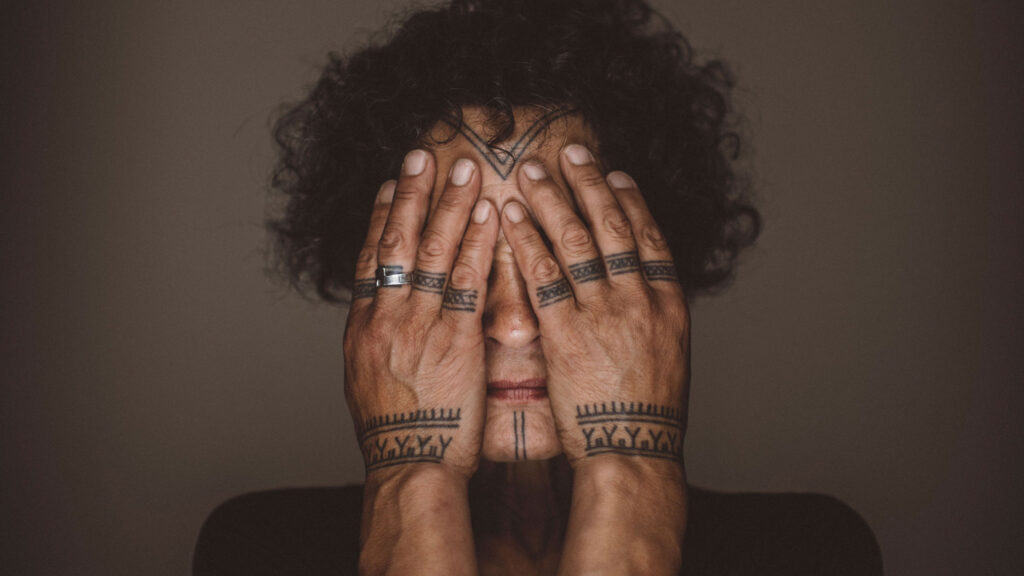
Twice Colonized
Producers: Emile Hertling Péronard (Greenlandic Inuit), Alethea Arnaquq-Baril (Inuit), Stacey Aglok Macdonald (Inuit)
Section: World Cinema Documentary Competition
Renowned Inuit lawyer Aaju Peter has long fought for the rights of her people. When her son suddenly dies, Aaju embarks on a journey to reclaim her language and culture after a lifetime of whitewashing and forced assimilation. But can she both change the world and mend her own wounds?
INDIE EPISODIC
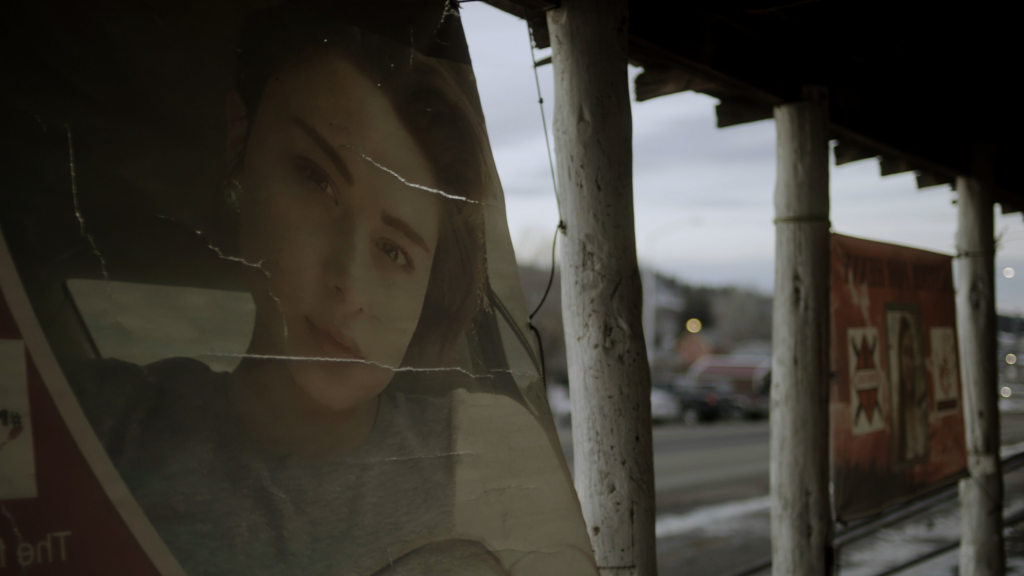
Murder in Big Horn
Director: Razelle Benally (Oglala Lakota and Navajo)
Section: Premieres
The deaths of a group of Native American women in rural Montana are the focus as Native families, journalists, and local law enforcement reveal a violent crisis set in motion almost 200 years ago.
SHORTS
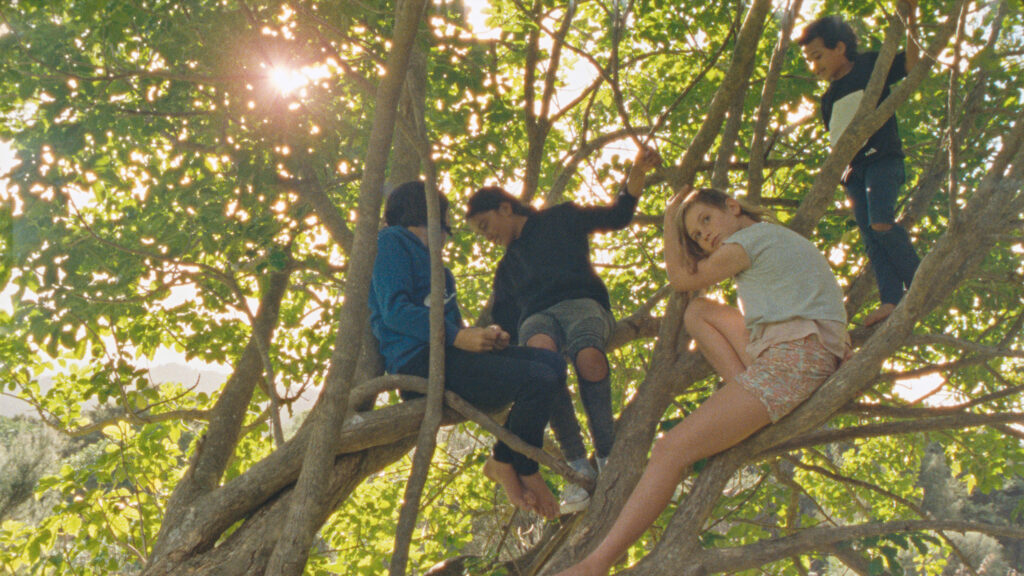
Hawaiki
Director: Nova Paul (Te Uri Ro Roi and Te Parawhau/Nga Puhi)
Section: Shorts Program 3
At the edge of the playground close to the forest, the children of Okiwi School made a refuge they call Hawaiki. Hawaiki has spiritual and metaphysical connections for Māori as the children create a space for their self-determination.
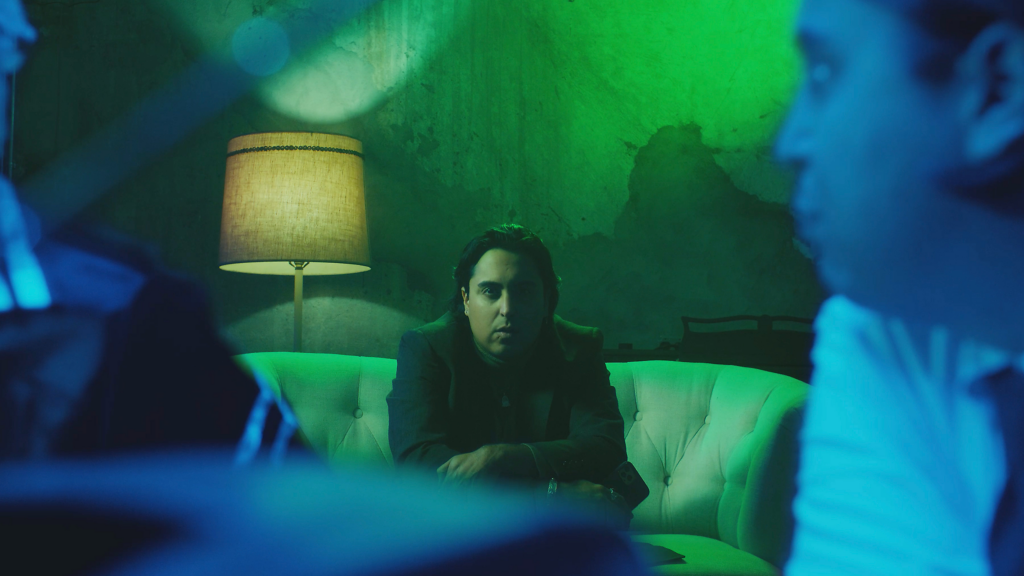
Headdress
Director/Writer: Taietsarón:sere Leclaire (Kanien’kehá:ka (Mohawk) and Mi’kmaq)
Section: Shorts Program 5
When a queer Native is confronted by a non-Native wearing a ceremonial headdress at a music festival, he retreats into his mind to find the perfect response from various versions of his own identity.
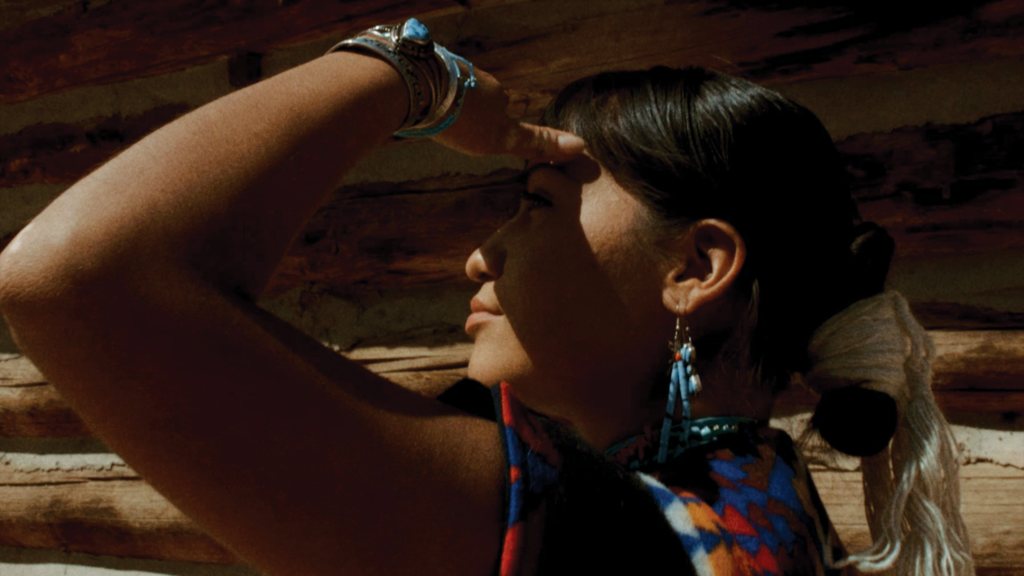
I Am Home
Director/Writer: Kymon Greyhorse (Navajo & Tongan)
Section: Shorts Program 2
As time goes on and the world around us shifts, we adapt and change. Although we might look different, deep down we are still the same. We are made from Mother Earth — mud, wood, love, and patience.
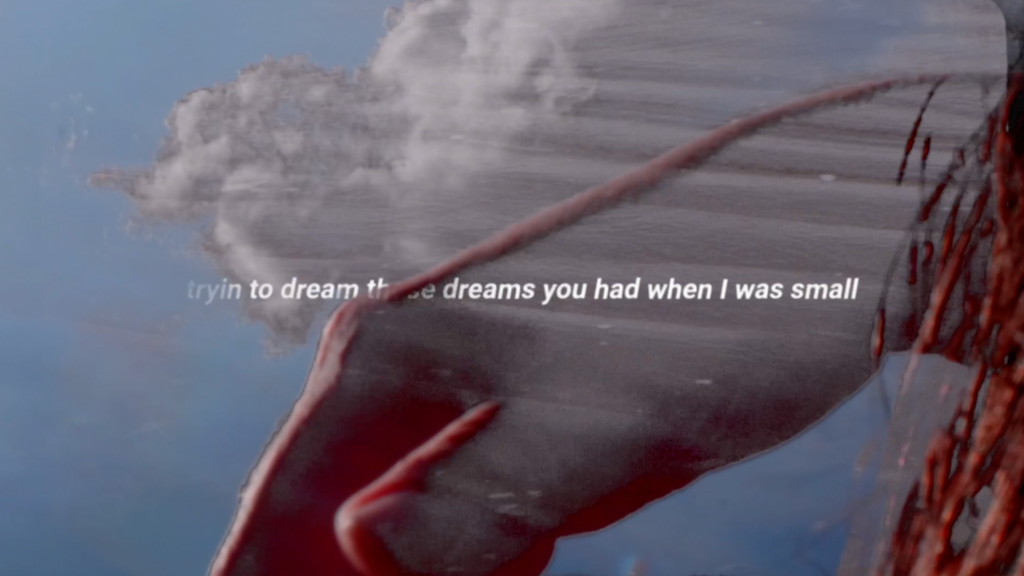
Sunflower Siege Engine
Director: Sky Hopinka (Ho-Chunk Nation/Pechanga Band of Luiseño Indians)
Section: Shorts Program 1
Movements of resistance are collapsed and woven together, from reflections of one’s own body in the world today to documentation of Alcatraz, the reclamation of Cahokia, and the repatriation of the ancestors.
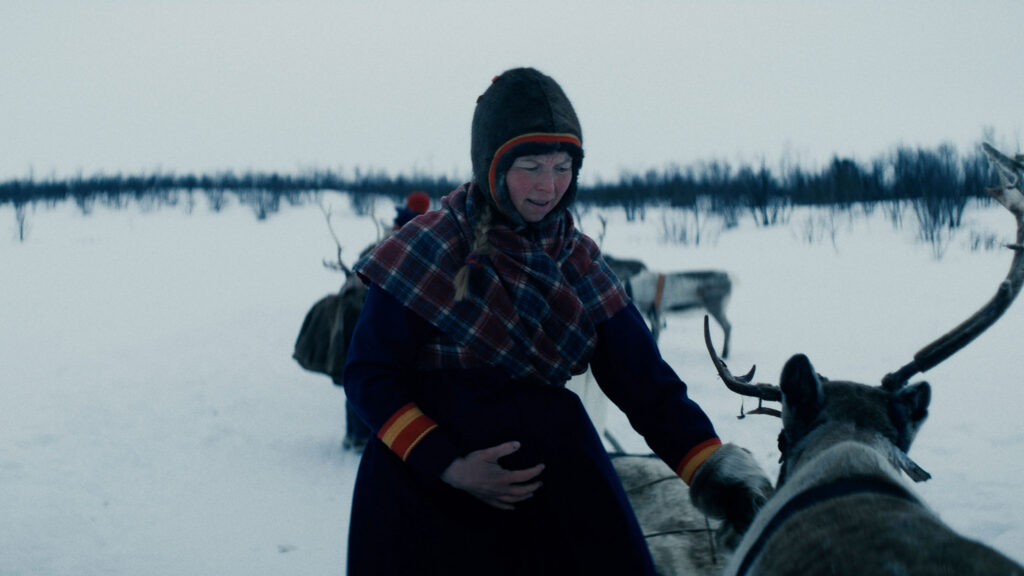
Unborn Biru
Director/Writer: Inga Elin Marakatt (Sámi)
Section: Midnight Shorts Program
A pregnant widow steals silver from a dead body in order to survive and feed her daughter. But the silver is cursed and has consequences for all of them, including the unborn.
MEET THE FELLOWS
Meet the 2022 Indigenous Program Fellows whose films and episodic works are being supported in their development.
Daniel Pewewardy (Comanche)
Residential
A young professional Native man is plagued by a paranormal threat in his new apartment. To stop the threat he must uncover the mysteries of the apartment building — a former Native American Boarding School.
Daniel Pewewardy is a Comanche filmmaker and comedian from Lawton, Oklahoma. They also act, perform stand-up, and are the creator of the internet meme persona @pendletonmane. Pewewardy resides in Wichita, Kansas, where he works as a public programming librarian and serves as Board Vice Chair for the Mid-America All-Indian Museum.
Justin Ducharme (Métis)
Positions
Positions follows a young, queer indigenous man after moving to an urban center from the rural town he grew up in and his unapologetic exploration through sexual desire, his quest for financial stability, and the pursuit of agency over his own body.
Justin Ducharme is a filmmaker, writer, and curator born and raised in the Métis community of St. Ambroise on Treaty 1. His writing has been featured in Room Magazine, Canadian Art, and Prism International. He currently lives and works on the Unceded Territory of the xʷməθkwəy̓əm, Skwxwú7mesh, and Səl̓ílwətaʔ/Selilwitulh Nations.
Taietsarón:sere ‘Tai’ Leclaire (Kanien’kehá:ka [Mohawk] and Mi’kmaq)
How to Deal with Systemic Racism in the Afterlife
Lyle Westman is dead and over it. When he discovers he has to spend 1400 years haunting in redface, he decides to strike back at the systemic problems plaguing the afterlife.
Taietsarón:sere ‘Tai’ Leclaire is a Kanien’kehá:ka and Mi’kmaq actor, comedian, and writer from the Mohawk reservation of Kahnawà:ke. He’s an actor and writer on Rutherford Falls, the Peacock comedy by Sierra Teller Ornelas, Mike Schur, and Ed Helms. He’s a former house performer at Upright Citizen’s Brigade Theatre, New York.
Tiare Ribeaux (Kānaka Maoli)
Huaka’i
A diasporic Hawaiian woman leaves an unhealthy environment to return to her home of O’ahu and reconnect with her family. While facing new trials on the island, a kinship forms with a Hawaiian marine biologist, connecting her to a deeper source of her ancestry within the realm of the ocean.
Tiare Ribeaux is a kānaka maoli filmmaker, writer, and artistic director based between Honolulu, Hawaii, and Oakland, California. Her filmmaking style involves a magical realist exploration of labor, spirituality, and the natural environment, drawing upon the structure of dreamworlds and Hawaiian cosmology to critique both social and ecological imbalances.
Tim Worrall (Māori)
Ka Whawhai Tonu: Struggle Without End
Ka Whawhai Tonu: Struggle Without End is an action packed, coming-of-age story set in the Māori — British wars of the 1860s.
Tim Worrall is a Māori screenwriter, director, and artist based in Rotorua with his wife, Taria Tahana, and their two sons. He was the co-lead writer and lead director of the New Zealand drama series Head High and is a founding member of the Steambox Films Collective.
The 2022 Native Lab Fellows will be joined by the 2022 Full Circle Fellows:
Anpa’o Locke (Húŋkpapȟa Lakota & Ahtna Dené)
Anpa’o Locke is an Afro-Indigenous filmmaker, who is Húŋkpapȟa Lakota & Ahtna Dené from the Standing Rock Nation. She graduated from Mount Holyoke College with a bachelor of arts in film studies. Anpa’o has created films on the Native diaspora experience and Indigenous activism with a focus on sovereignty and self-determination as a mode for empowered storytelling.
Kymon Greyhorse (Navajo & Tongan)
Kymon Greyhorse is a Navajo + Tongan + 2Spirit film director, screenwriter, cinematographer, and editor. Greyhorse’s work explores the human experience, shining light on the underrepresented and normalizing Indigenous stories and existence. He wants his films to inspire and empower yearning voices that have been silenced for too long.
Zoë Neugebohr (Odawa-Ojibwe)
Zoë Neugebohr is a writer/director currently finishing her education at the University of Southern California, studying film production. She is Odawa-Ojibwe, originally from metro Detroit. Zoë seeks to dedicate space in film for the beauty of indigeneity, in all its forms, to thrive and speak for itself.

